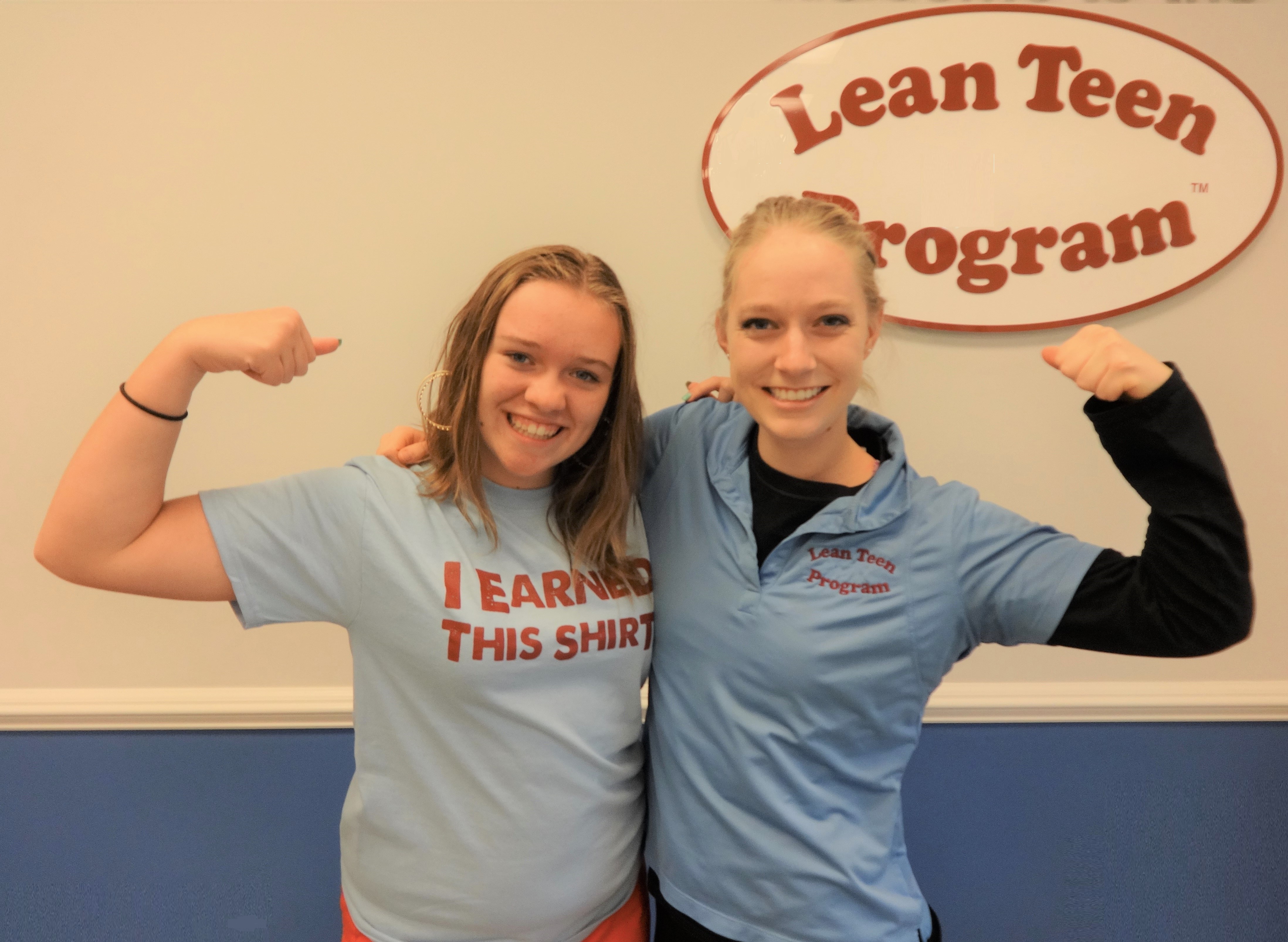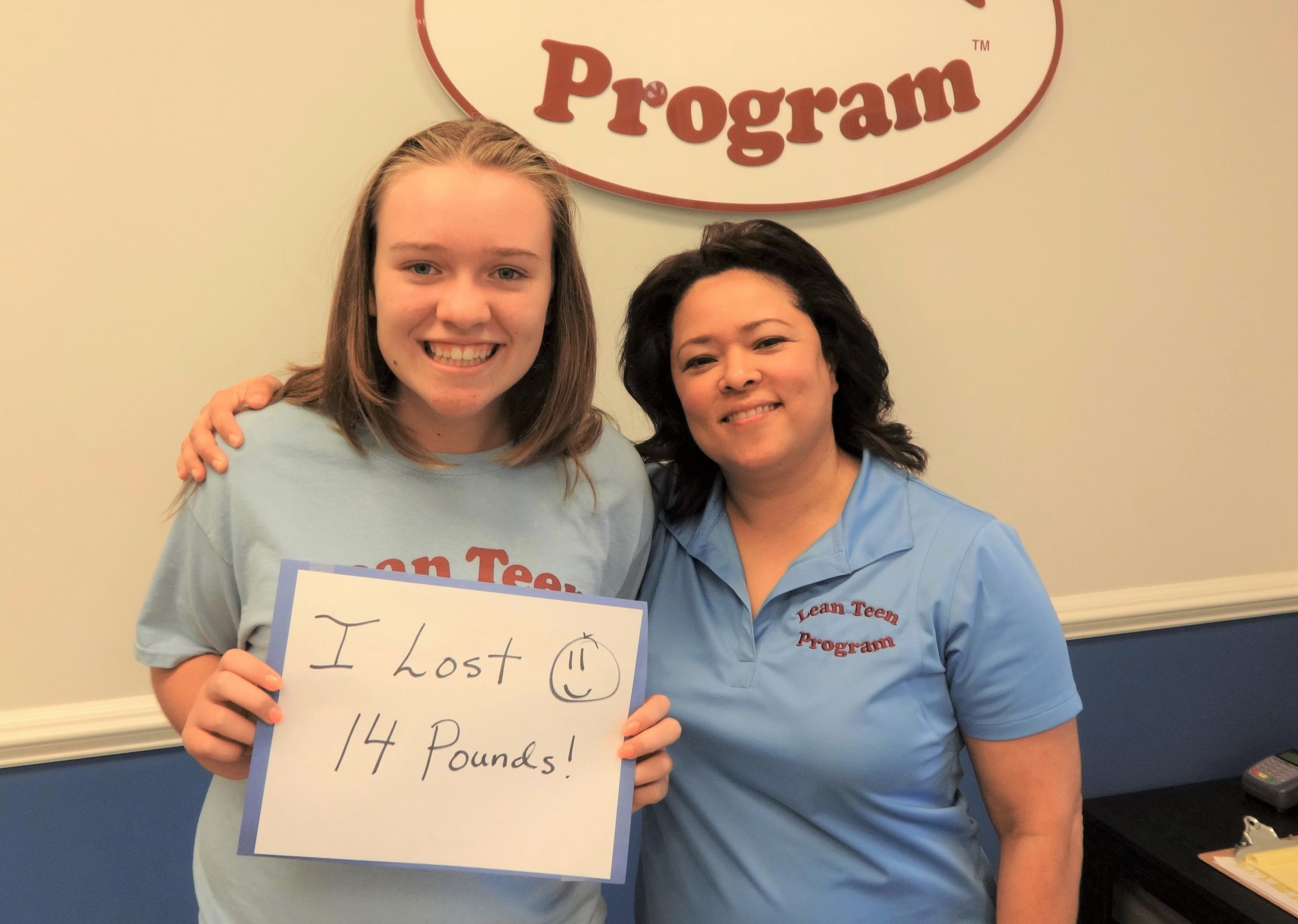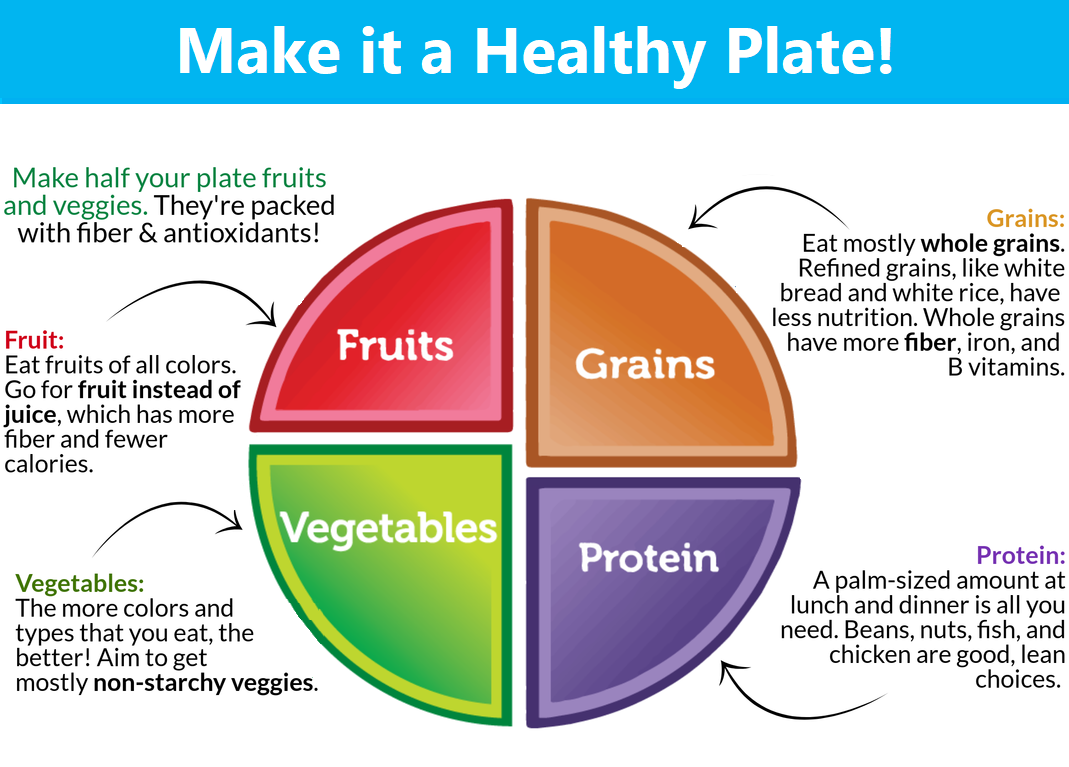
To build lifelong healthy habits it is important to start early! The reality is that once you are an adult it is very difficult to change your habits. If you don’t believe me, look at the numbers. Even though there are over 37,000 fitness centers in the US, the overweight and obesity rates have skyrocketed to 70%.
Instead of helping adults to change their habits, we need to train our kids as EARLY as possible! Our Lean Teen Program specializes in helping teens (ages 8-18) to build healthy habits and achieve their goals. And even though we have over 90% teen weight loss success rates, losing weight is not easy.
After doing many nutrition plans, there are several weight loss myths that often hold teens back from achieving success. The following are the most common weight loss myths and tips to overcome them:
Myth #1: You can Skip the Vegetables
To have a balanced nutrition plan, it is essential that kids learn to eat more vegetables during meal times and fill half of their plate with plenty of veggies and fruits. Making a veggie smoothie is a good alternative for teens that do not like their texture. However, completely skipping vegetables is out of the question since they are high in nutrients and low in calories. Click Here for tasty smoothie recipes!
Myth #2: Working Out is Always Fun
When it comes down to exercising it is all about training kids and teens to be consistent. According to Scarlette Johansson, she got in shape for the role of the Black Widow doing “boring 5am workouts.” It wasn’t about the coolest workout fad or latest gadgets, it was about working out even when she did not want to. Likewise, Sammy (pictured above) earned her shirt for always giving it her best effort!
Myth #3: You Don’t Need to Lift Weights
Lifting weights is essential to building lean muscle and having a fast metabolism! That is why it is important that teens get used to doing strength training at an early age. To stay fit Sammy comes several times per week to our Lean Teen classes that include both weight training and cardio. Our coaches always make sure that she works out to her potential by checking her intensity and form.
Myth #4: You Just Need to Exercise More
Even though exercise can be beneficial, when it comes to losing weight, nutrition makes up 80% of the equation. The fact is you cannot out-exercise bad eating habits! That is why it is essential that all teens learn how to eat balanced meals, control their portions, and make healthier food choices. Sammy earned her shirt by making big changes to her eating habits and is now at a healthy weight.
Myth #5: Diet Soda, Juices, and Weight Loss
When it comes to building lifelong healthy habits, drinking 8 glasses of water is a must. That is why it is important that kids do not replace water with juices or diet sodas. Water helps us stay hydrated and increases our metabolic rate which is important for weight loss and staying fit. On the other hand, juices and diet sodas contain artificial sweeteners that have empty calories and are devoid of nutrients.
Your whole family can build healthy eating and exercise habits together. To help your kids get off to an early start and achieve their goals, we also recommend that you focus on these 5 important tips:
Tip #1: Set Early Bedtimes
It is important that kids and teens get a healthy amount of sleep each night to stay focused. They also need more sleep than adults because they are in a time of fast physical, intellectual, and emotional growth. To help your teen stay alert, experts agree that they get at least 8 hours of sleep each night.
Tip #2: Eat a Nutritious Breakfast
Most experts agree that breakfast is the most important meal of the day and should never be skipped. It is also a great opportunity to get a healthy dose of essential nutrients. To get your kids ready for breakfast, consider making their bedtimes earlier each night so they have enough time to enjoy it.
Tip #3: Stock up on Fruits & Veggies
Fruits and vegetables are rich in nutrients and low in calories! A healthy snack will also help your teen stay energized and alert during the day. To ensure your family gets plenty of fruits and vegetables each day, we recommend you keep pre-washed produce always available to simply grab and eat.
Tip #4: Try Not to Skip Any Meals
Although skipping meals seems like a good way to lose weight, it actually slows down your metabolism and cause you to eat more throughout the day. Studies show that kids who skip meals are more likely to be overweight than those who make eating a balanced meal a priority. During meal times make sure to include one food from each food group - Vegetables, Fruits, Grains, and Protein.
Tip #5: Exercise at Least Twice a Week
It is important that your teen exercises regularly not only to stay fit but also to perform better in school. According to experts “exercise boosts academic performance in various ways: allowing kids to focus on their school work; boosting self-esteem and mood; and increasing blood flow to the brain.”
Maintaining Balance and Consistency
Being fit is all about learning balance and consistency while having the right guidance and support to be successful. At Kalina’s Fitness, our mission is to give teens (ages 8-18) the tools to transform their lives and build healthy habits that last a lifetime. By combining nutrition, group support, and exercise classes, we provide a complete solution that empowers kids and teens to achieve their fitness goals.
We are driven by a strong belief that all children deserve the opportunity to realize their full potential. It all starts with a personal consultation to better understand your child’s eating and exercise habits. Let us help your teen become an amazing version of themselves and schedule your free class today. We look forward to serving you and your family with excellence. Thank you for visiting us!


